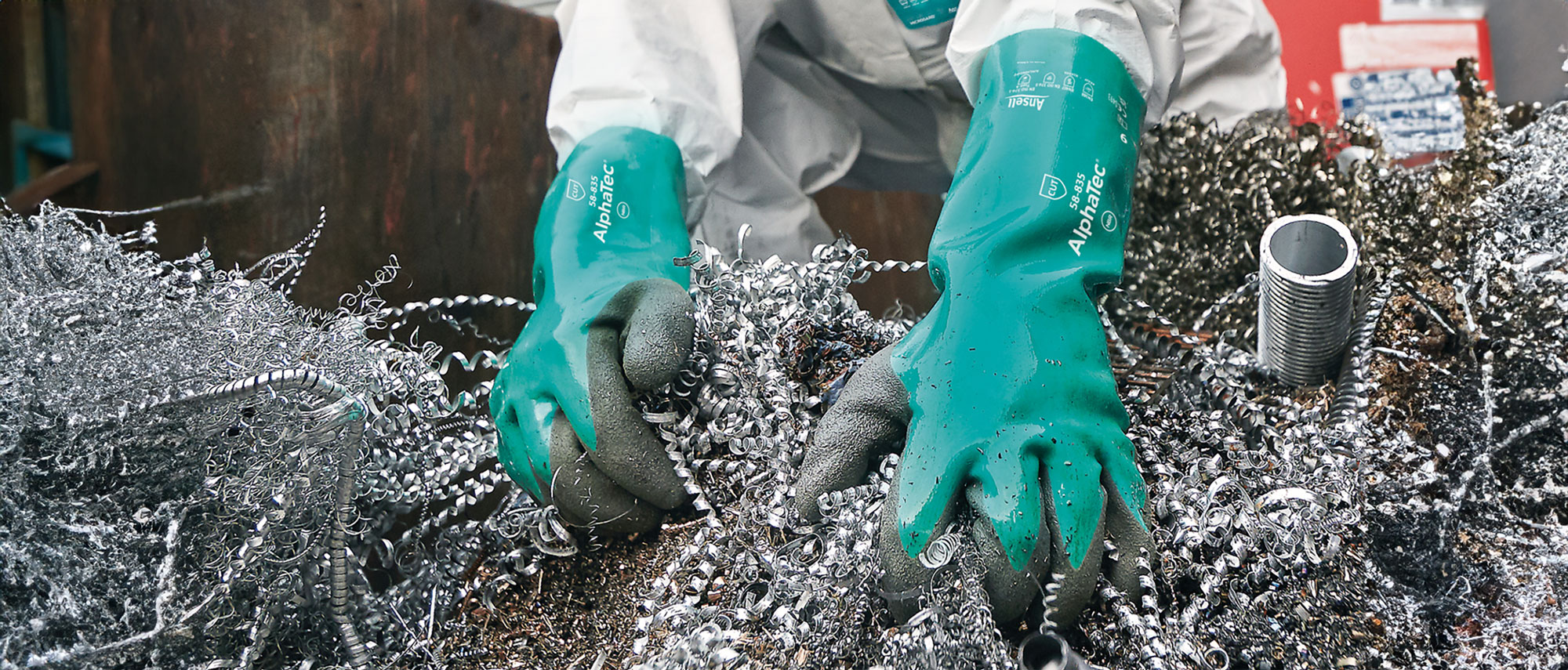
January 12, 2026
Gloves can force a choice between comfort and protection. But compliance, efficiency in usage, and worke...
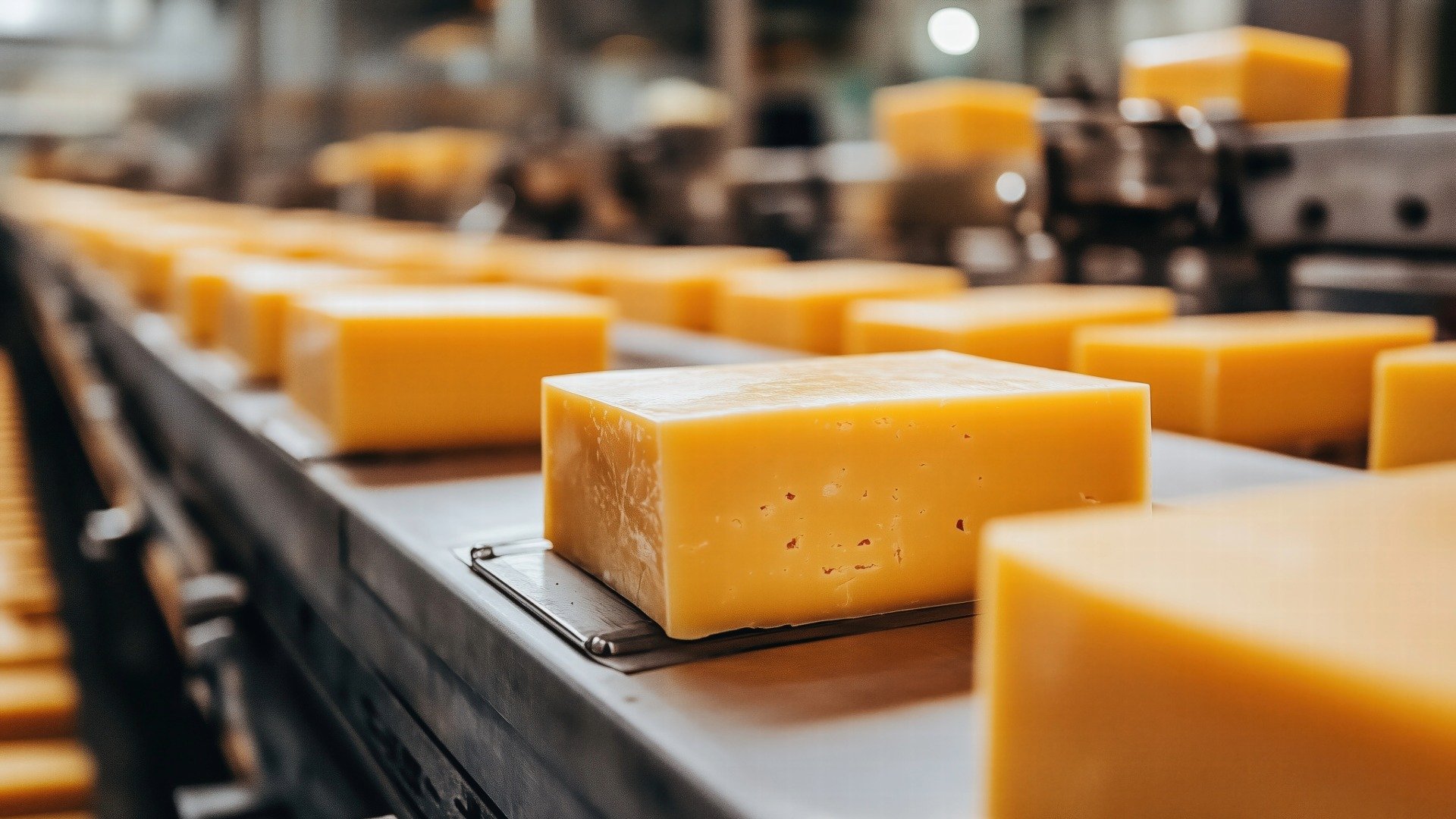
January 2, 2026
From regulatory updates to evolving needs for operational efficiency, food processors spent 2025 adaptin...
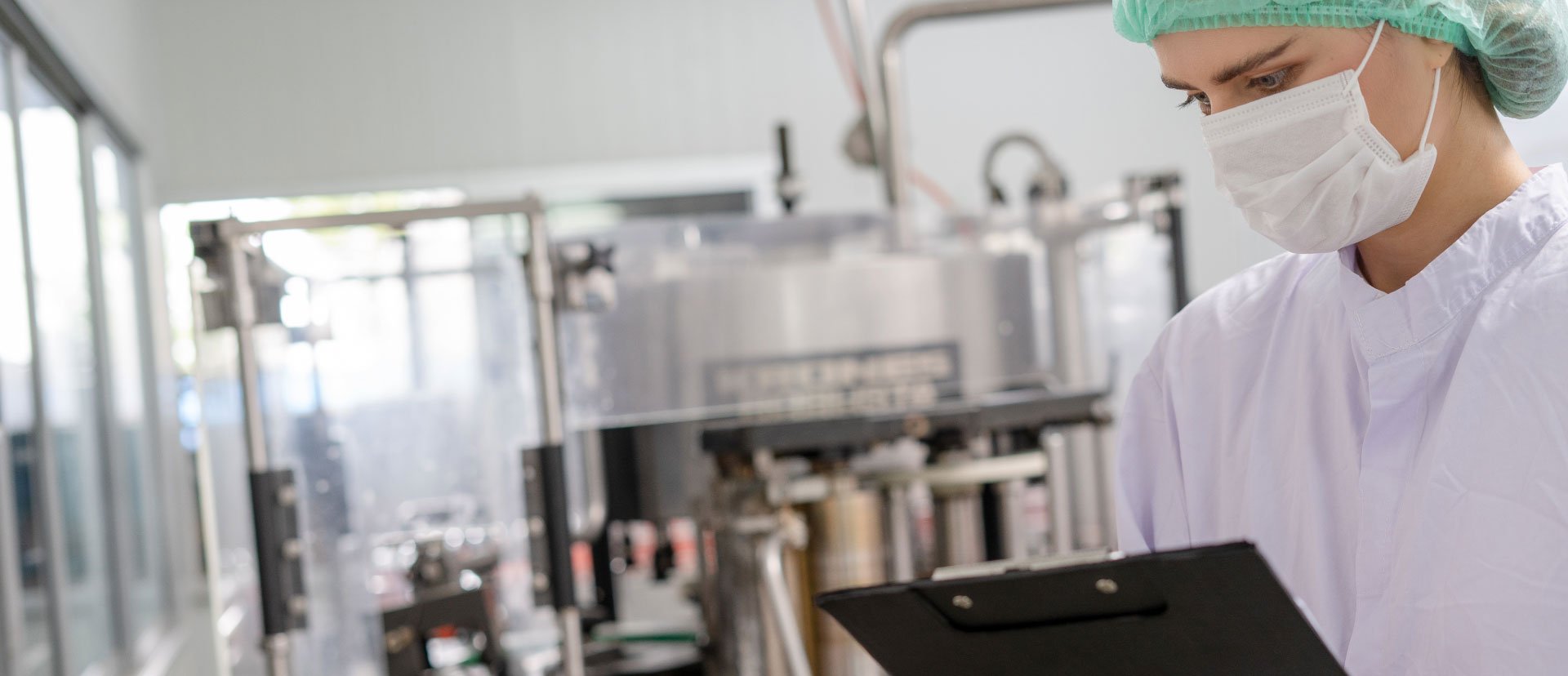
December 10, 2025
What is OSHA's Regional Emphasis Program (REP) for the food manufacturing industry? The OSHA Regional Em...
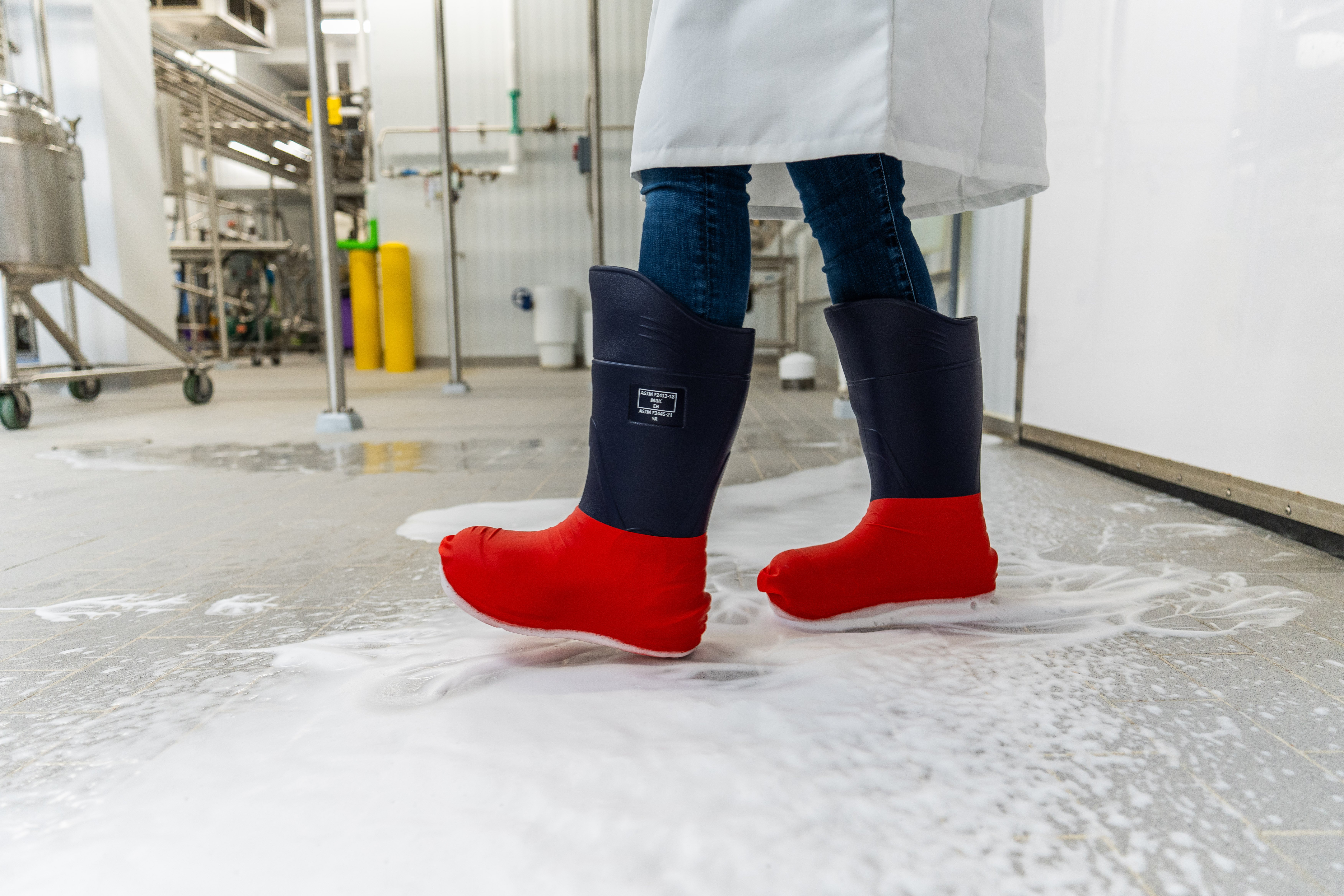
December 8, 2025
There is a fundamental connection between worker safety and food safety: A failure in worker safety can ...
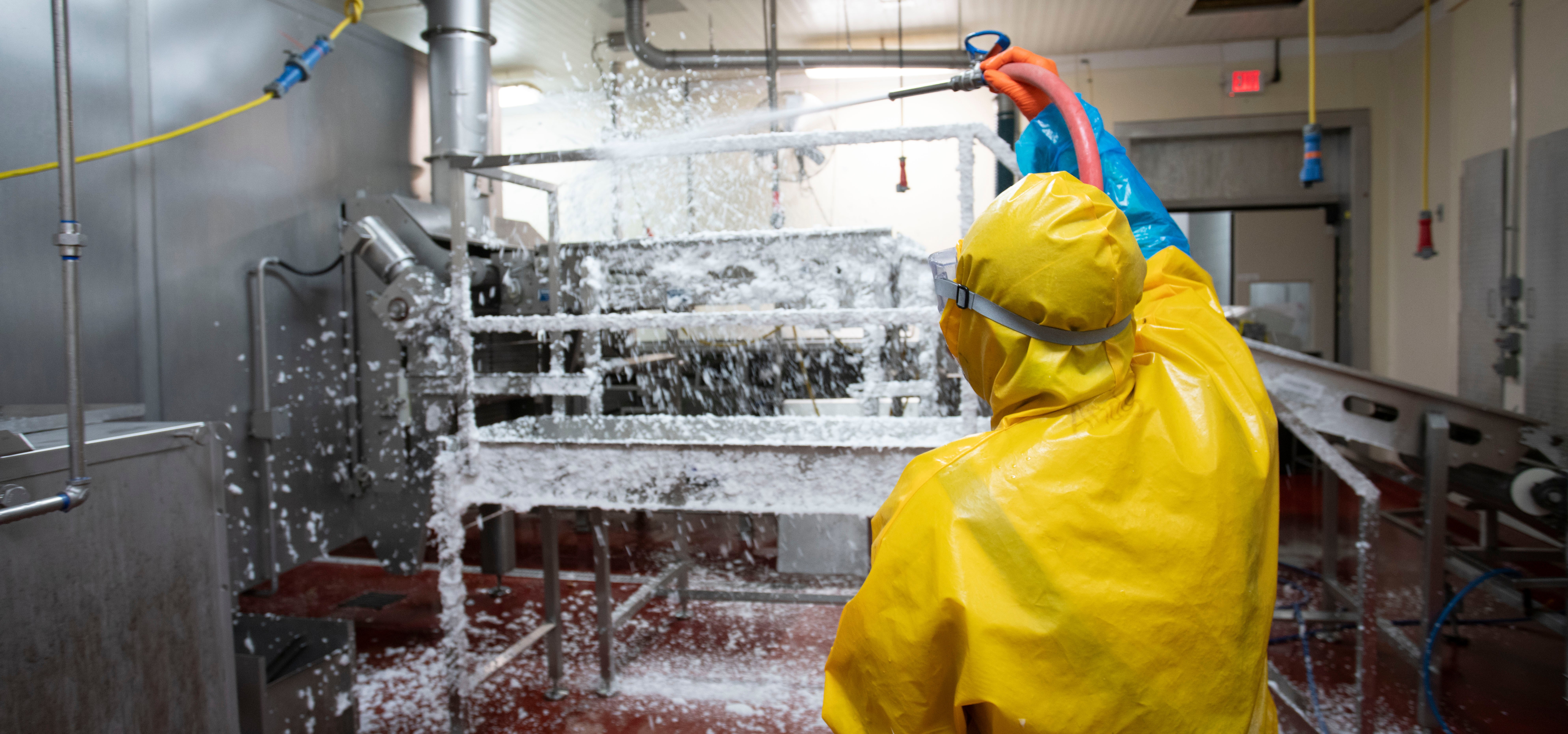
December 1, 2025
Nelson-Jameson understands that efficiency and worker safety are equally important goals in food manufac...

November 26, 2025
For food manufacturers, a lapse in either worker safety or food safety can initiate a domino effect. It ...
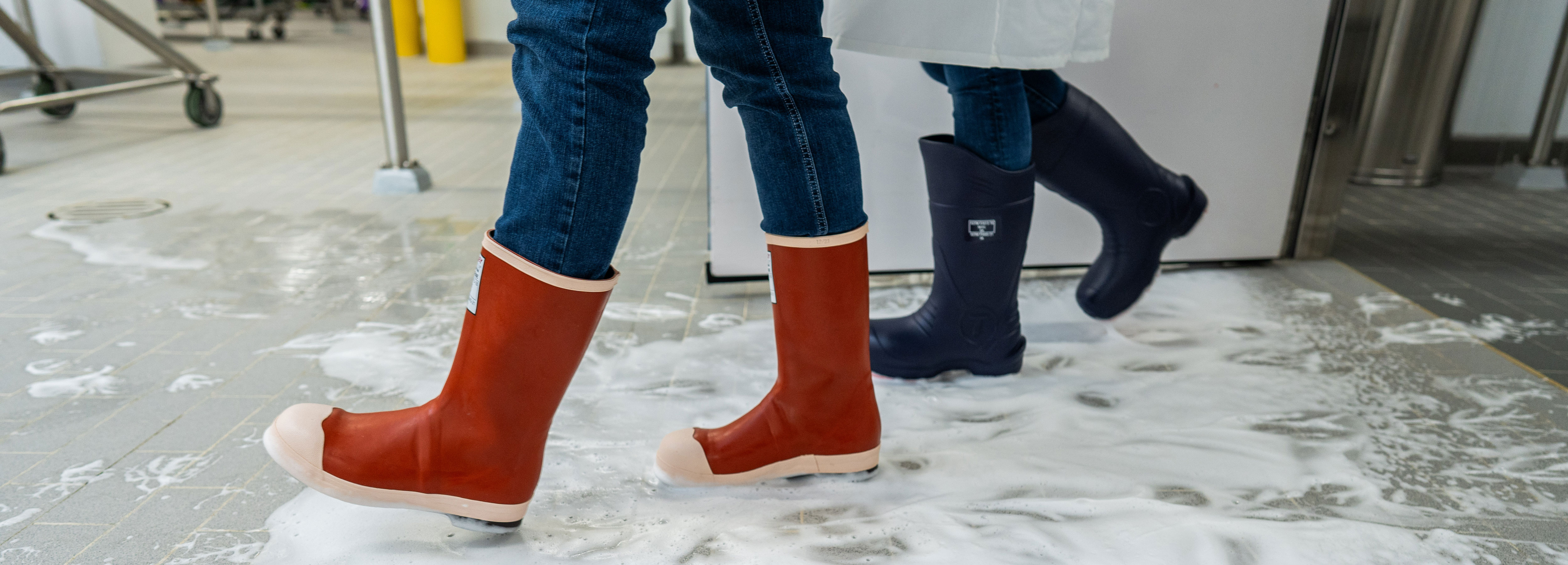
November 26, 2025
Ensuring worker safety and maximizing operational efficiency are not mutually exclusive goals in a food ...
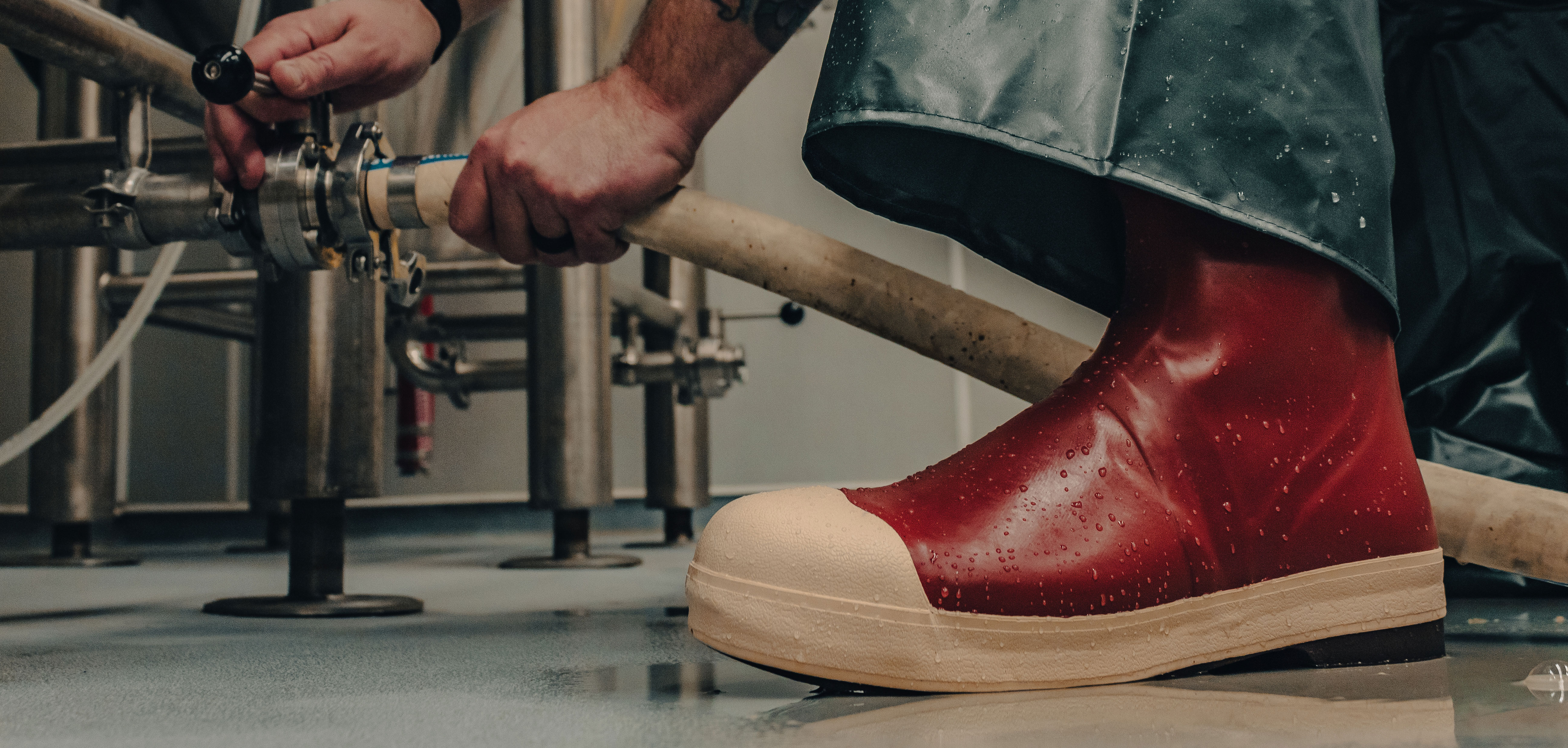
November 26, 2025
Ensuring comprehensive worker safety and food safety in food manufacturing facilities is crucial, and th...

November 25, 2025
In occupational safety, the most advanced Personal Protective Equipment (PPE) is ineffective if workers ...
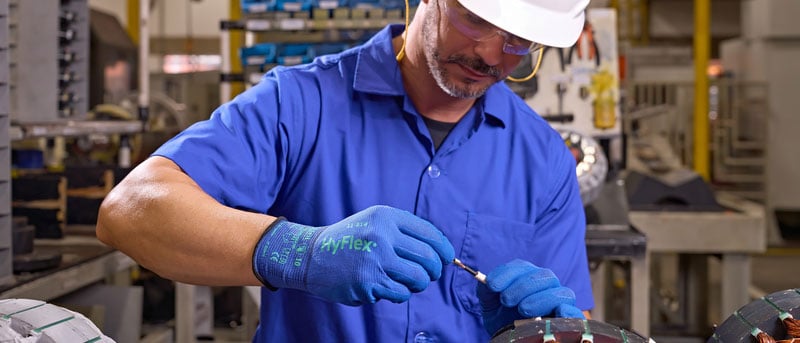
November 25, 2025
Worker safety is closely tied to food safety, and utilizing high-quality Personal Protective Equipment (...
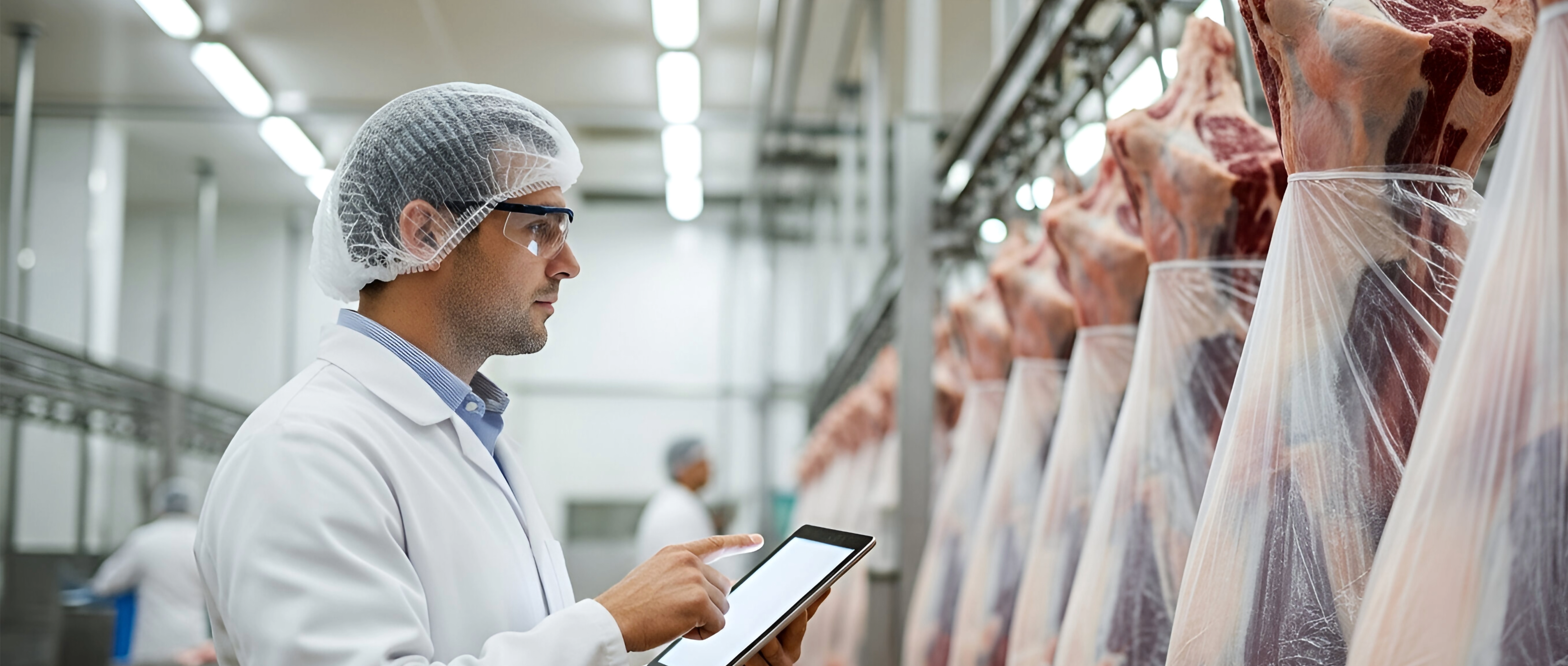
November 25, 2025
For food processors, the risk of contamination from broken or lost equipment or Personal Protective Equi...
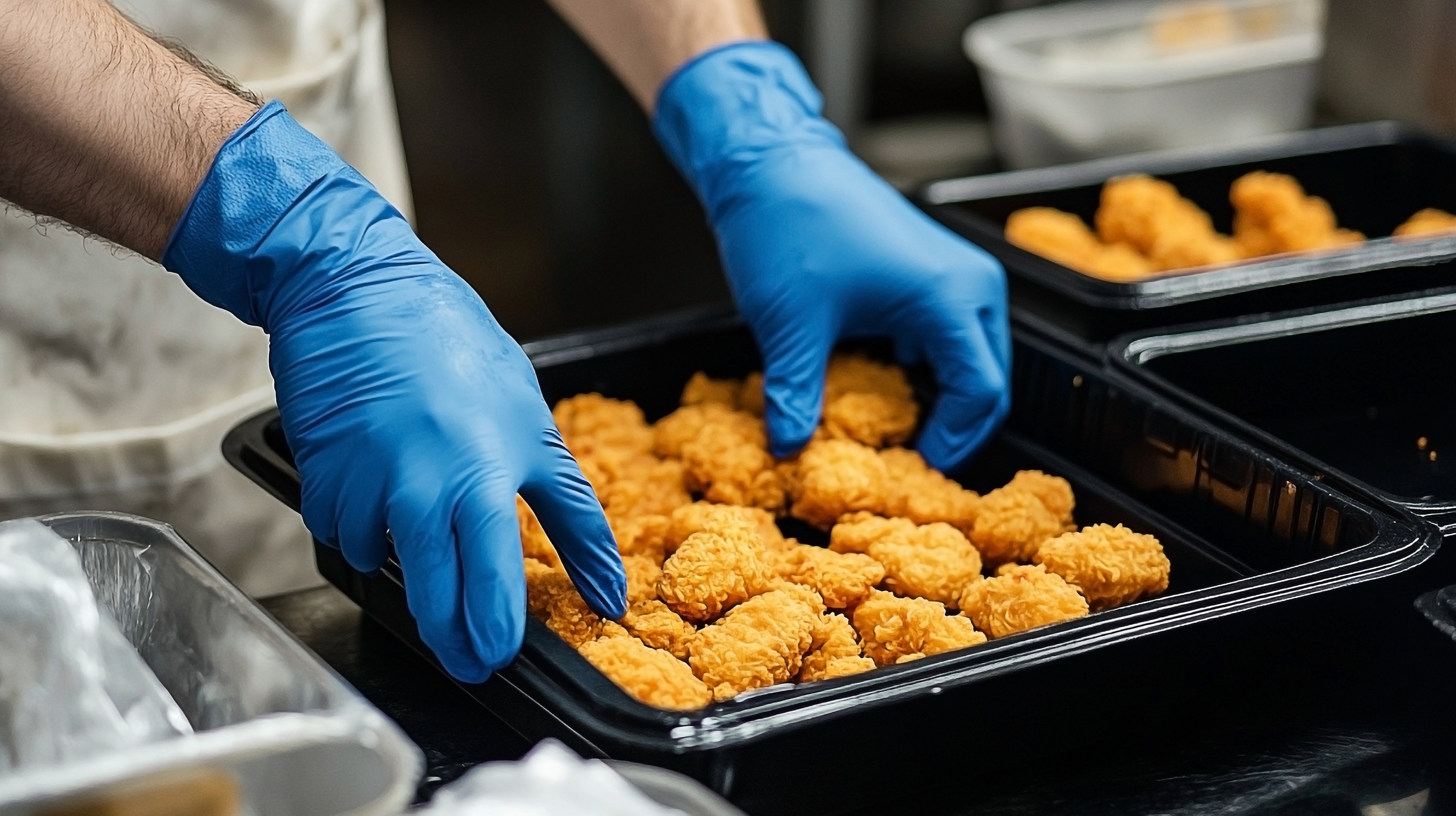
November 24, 2025
Food processing facilities face a critical dual mandate: maintaining the stringent safety standards nece...